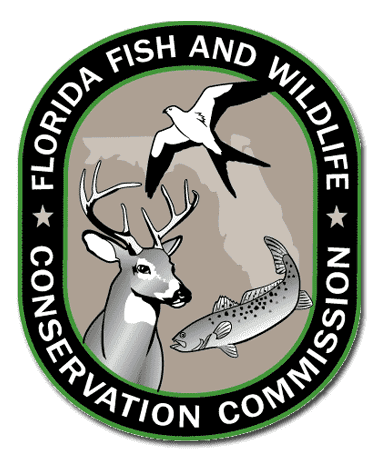Gulf Recreational Red Snapper Season Begins June 1 in Florida

The 2013 Gulf of Mexico recreational red snapper season begins June 1 in state and federal waters.
This year’s state season is 44 days long and will be open through July 14 with the first day of the closure being July 15. The federal season off Florida will be 26 days long.
The state season was approved by the Florida Fish and Wildlife Conservation Commission (FWC) at its April 17 meeting in Tallahassee. State waters are from shore to 9 nautical miles in Gulf waters; federal waters extend beyond that line to 200 nautical miles.
State and federal regulations require all commercial fishers and recreational anglers fishing for any reef fish species in the Gulf of Mexico to use circle hooks, venting tools and dehooking devices. In Gulf state and federal waters, the minimum size limit is 16 inches total length and the bag limit is two fish per person, per day, within a 10-fish snapper aggregate limit.
While the yearly quota for how many pounds of red snapper can be harvested has increased in recent years, the federal season length has gotten shorter over the past few years because of more fishing effort and larger fish, according to federal fishery managers.
The FWC Commission chose to go inconsistent with the 2013 federal season based on reports that the upcoming federal stock assessment would likely show red snapper populations are doing better than previously thought and reports from anglers that the fishery is improving.
More information about red snapper fishing is available online at MyFWC.com/Fishing by clicking on “Saltwater,” “Recreational Regulations” and then “Gulf Red Snapper.”

